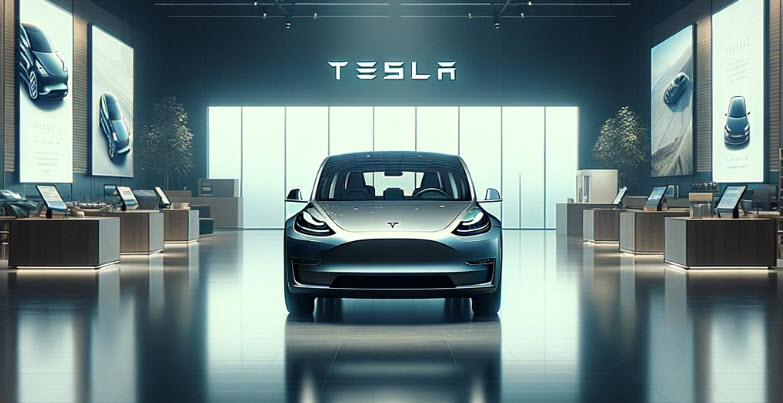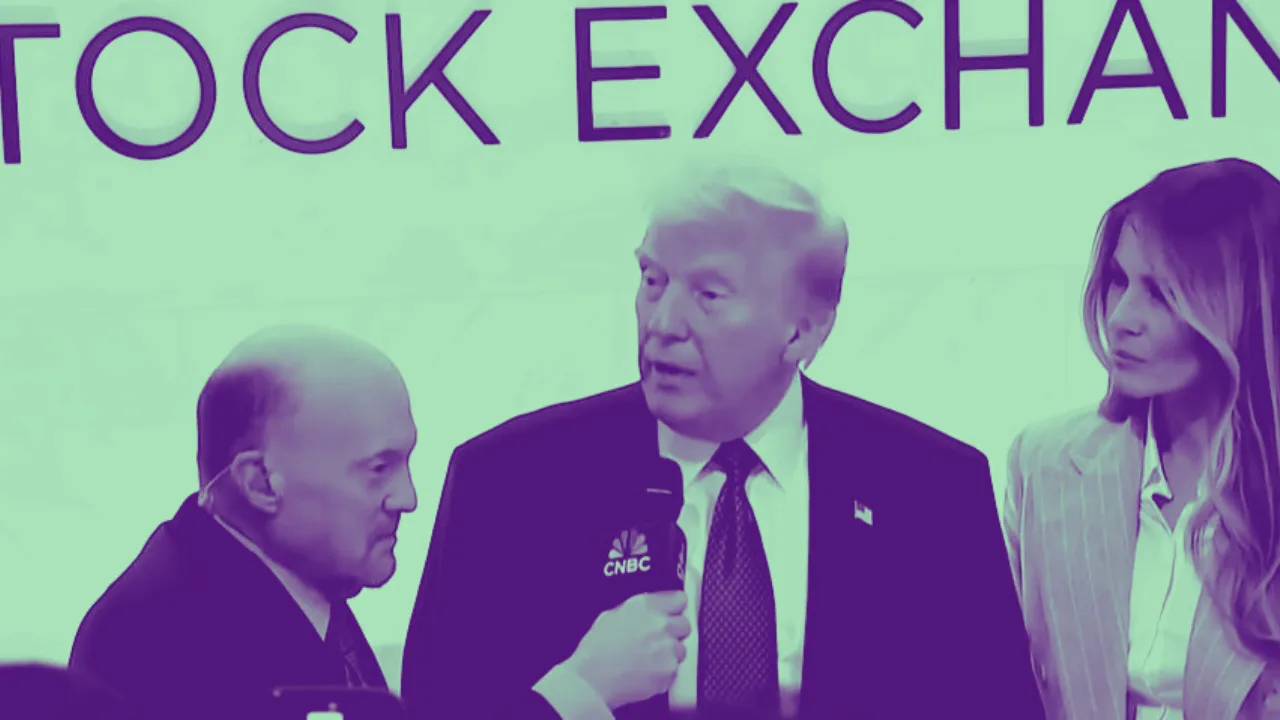The future of the electric vehicle (EV) market in the United States is facing significant uncertainty as President-elect Donald Trump returns to the Oval Office. Trump’s well-documented skepticism of EVs and clean energy initiatives has many automakers bracing for potential policy shifts, especially regarding emissions standards, EV tax credits, and international trade regulations.
Trump’s Stance on EVs: Looming Policy Shifts
Trump’s past comments and policies suggest he may roll back some of the Biden administration’s EV-friendly policies. Specifically, the $7,500 EV purchase tax credit—designed to make EVs more affordable—could be at risk. Dan Ives, Managing Director and Senior Equity Research Analyst at Wedbush Securities, has stated, “This EV tax legislation is a watershed event for EV adoption in the U.S. over the next decade,” emphasizing its role in increasing consumer interest in EVs (Wedbush). Removing or reducing this credit could stifle the growth of EV adoption among mainstream consumers.
While Trump has not released a specific EV policy plan, his previous term suggests a focus on traditional manufacturing and a preference for deregulation over environmental mandates. If he decides to cut these incentives, analysts predict it could significantly impact demand for EVs in the U.S., where pricing has been a major factor in consumer decisions.
Emissions Standards and Consumer Demand
Another likely target for Trump’s deregulation efforts is the Environmental Protection Agency (EPA) emissions standards. Under Biden, the EPA has enacted increasingly stringent emissions regulations, indirectly incentivizing automakers to ramp up EV production. Stricter standards typically mean automakers must produce more zero-emission vehicles to balance out their fleet’s average emissions.
Jessica Caldwell, Executive Director of Insights at Edmunds, has noted that “green vehicles—notably EVs—have grown increasingly top of mind for American consumers over the last year,” especially as gas prices fluctuate (Edmunds). However, without emissions mandates pushing the industry in a greener direction, some automakers may slow down their EV production, especially those with lucrative gasoline-powered models.
California’s Role and Potential Conflicts with CARB
The California Air Resources Board (CARB) is a significant player in U.S. emissions standards. CARB sets stricter emissions requirements than the federal government, and several other states follow its lead. In his previous term, Trump attempted to strip California of its authority to set separate standards, citing a preference for uniformity across the nation. California represents about 15% of U.S. vehicle sales, so CARB’s influence on emissions and EV requirements is substantial.
CARB’s standards also mandate a zero-emission vehicle (ZEV) credit system that has been particularly beneficial for companies like Tesla, which sell their surplus credits to traditional automakers to offset emissions. Tesla has earned billions through these credits, a crucial revenue stream that could be threatened if Trump again challenges CARB’s authority. “[California’s ZEV program has been a critical driver for EV adoption across the country],” says Albert Gore, Executive Director of the Zero Emission Transportation Association, emphasizing CARB’s role in pushing nationwide standards (The Verge).
If Trump’s administration were to restrict CARB’s authority by revoking EPA waivers, the state would likely respond with litigation, as it has in the past. Such a move could further complicate the regulatory landscape for automakers who sell vehicles nationwide.
Tesla’s Unique Position: The Musk Factor
While Tesla might face regulatory challenges under Trump, it also has a unique advantage in Elon Musk’s increasingly visible alliance with Trump. Musk’s influence, paired with Tesla’s established market presence, could potentially shield the company from some regulatory setbacks that smaller or less established EV companies might face.
According to John Murphy, an analyst at BofA Securities, “Tesla has a brand advantage that is hard to undermine, even in the face of regulatory shifts,” with strong consumer loyalty and a diversified product line (BofA Securities). Musk’s influence in the political sphere may provide additional leverage as he navigates any changes in federal policies that affect the EV industry.
Broader Implications: Trade Policies and Foreign Competition
Trump’s administration is also likely to revisit trade policies, especially concerning China, which has become a major player in the EV and battery supply chain. China’s dominance in battery production has allowed it to secure a substantial share of the EV market, and Trump’s protectionist stance could result in new tariffs on Chinese EV components, making it more costly for American automakers to source batteries and other essential parts.
At a Senate budget committee meeting, Senator Lindsey Graham expressed his concerns about China’s control over the EV supply chain, warning, “If the U.S. doesn’t change policies, the EV supply chain is going to be so dominated by China, we may just have lost this entire area of our economy” (Senate Budget Committee). Tightening import regulations could benefit American companies in the short term but may also drive up production costs for U.S. automakers reliant on Chinese batteries.
Market Reactions: Tesla, Ford, and Investor Sentiment
Investors have responded to the changing political landscape, with Tesla’s stock seeing a notable 30% jump in the week following Trump’s victory. Ford, which has a strong portfolio of gasoline-powered vehicles, also saw a boost in its stock value. As Murphy pointed out, “Investors are watching these developments closely, as Trump’s policies could impact the profitability of companies with diverse portfolios like Ford and Tesla” (Barron’s).
These reactions suggest that investors anticipate shifts in the automotive market, especially if Trump eases regulations that currently favor EV production over traditional cars.
Conclusion: An Uncertain Road Ahead for EVs
As the automotive industry braces for a possible rollback of EV incentives and emissions standards, automakers and consumers alike face an uncertain future. While relaxed regulations could ease pressure on traditional automakers, they may also hinder EV adoption in the U.S., even as global markets continue to shift towards electrification. With high stakes in international competition, environmental goals, and consumer demand, the EV sector’s path forward under Trump’s leadership remains unpredictable.
Industry players will need to stay agile, balancing traditional manufacturing with ongoing investments in EV technology to adapt to a rapidly evolving regulatory landscape.





